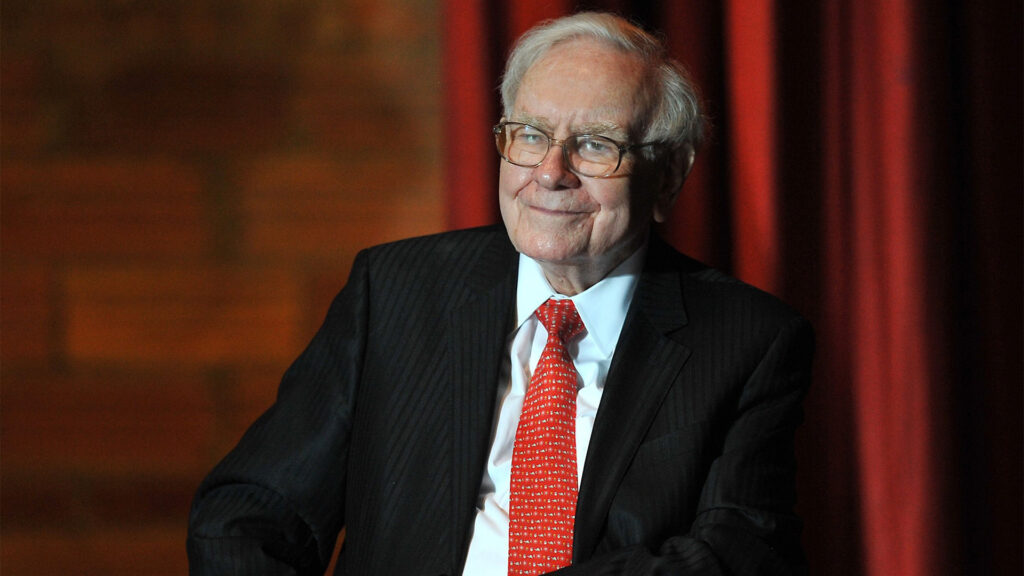American investment analysts and traders have finally woken up to the strategy Warren Buffett and Berkshire Hathaway are using to invest surplus cash in US Treasury bonds.
According to investment banks, Buffett and Berkshire have at least $US158 billion in Treasury bills— with a one-year maximum— that’s around 3% of the entire market.
That makes the health of 93-year-old Buffett and the financial strength of Berkshire and its 100 companies or businesses important to the stability of the American financial system.
In fact, after the big banks, Berkshire Hathaway’s huge holdings of short-dated bills are a potential systemic risk— and so is Buffett’s health— he turns 94 in late August.
Of course, silly analysts and business media have been claiming for years now that Berkshire and Buffett have too much cash and could do a lot better by finding big-dollar investments. He says he can’t find one that will generate big returns— as he is entitled to do.
But now it seems many of his critics have finally woken up to the fact that with interest rates above 5% for short-dated bills, he is making billions of dollars a week of investments in T-bills. In other words, Buffett is being very prudent by investing cash into the safest cash equivalent there is and getting 5% or better for doing that.
Buffett himself said, “In the last few years, we probably bought $US5 billion every Monday… we might be the biggest buyer.” He told the company’s annual meeting in early May the company had $US182 billion in cash and T-bills. He believes cash is particularly attractive in this market environment: “It isn’t like I’ve got a hunger strike or something like that going on. It’s just that they—things aren’t attractive,” he told shareholders.
Berkshire added over $US21 billion in cash and short-term Treasuries to Berkshire’s balance sheet in the March quarter alone.
“We’d love to spend it, but we won’t spend unless we think there’s really something that has very little risk and can make us a lot of money,” said Buffett. With short-term rates 5% to 6%, Buffett is collecting a very tidy income for ‘sitting on his hands’. In the March quarter, Berkshire reported income from dividends and interest totaling around $US2.2 billion.
AI chip darling Nvidia has more than $31 billion in cash, cash equivalents, and short-term investments— that’s double the $US15.3 billion held a year ago. But that is dwarfed by Berkshire.
Berkshire ended the March quarter with $US189.0 billion in cash and cash equivalents, up from $US167.6 billion at the end of last year (as free cash flow reached $US6.2 billion in the quarter and the company sold on a net basis $US17.3 billion of its stock holdings, while repurchasing $US2.6 billion of its own shares).
Berkshire had $US129.6 billion in Treasuries and equivalents at the end of 2023, which jumped to $US153 billion by March 31 and continues to rise by the week. Over the year to March, Berkshire bought, sold, or allowed to mature around $US190 billion in bonds, against $US81 billion in the year-ago period.

